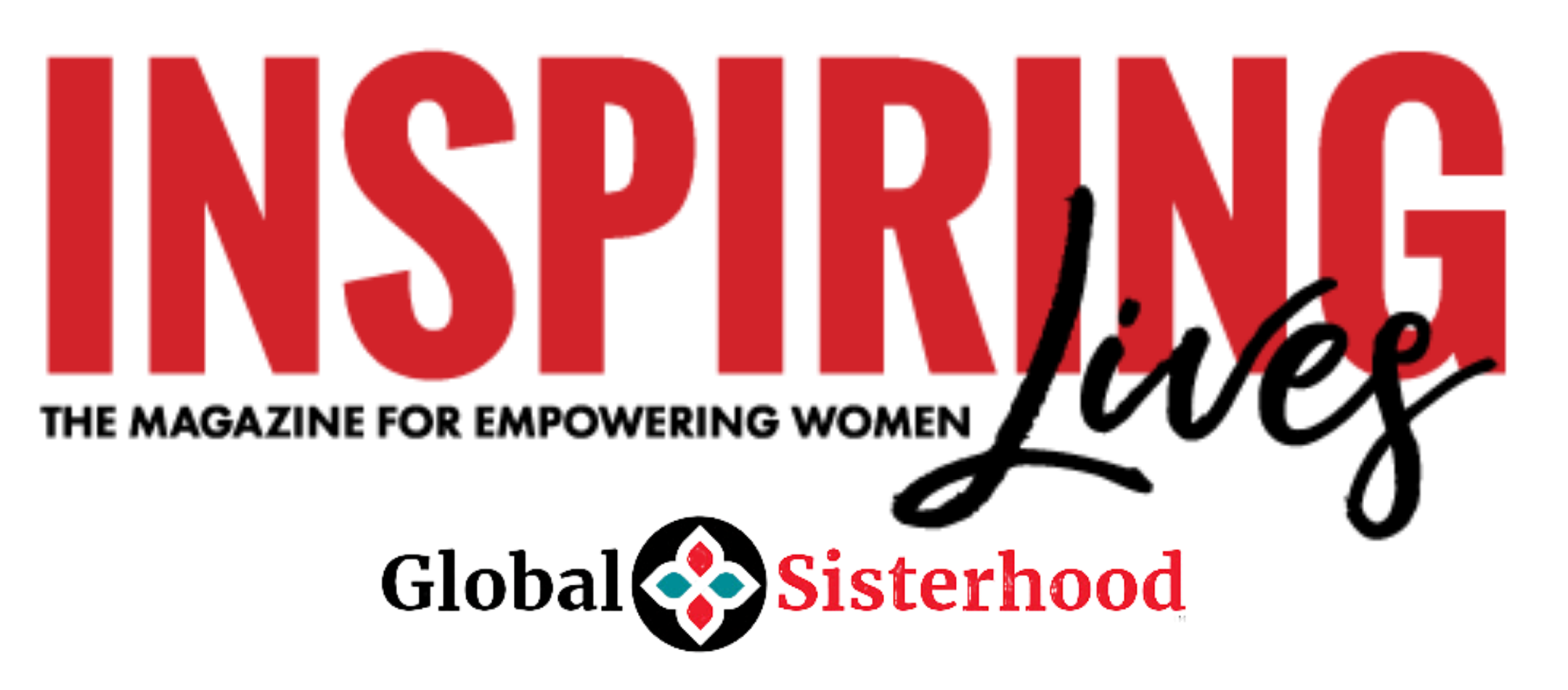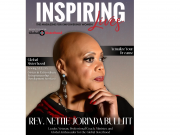For many years now, the U.S. has faced a growing need for nurses. This has often been chalked up to the fact that the “Baby Boomer” generation is growing old, bringing about a much more expansive senior population and far more need for care. Yet in the past year, the COVID-19 crisis has only intensified this need.
This is true for two reasons. One is that COVID-19 itself demands care, and we don’t yet have a full perspective on what some of its long-term effects may be. It’s entirely possible that particularly among vulnerable and/or elderly COVID survivors we could see chronic conditions or difficulties that necessitate long-term care. There is also some concern however that in addition to sparking even greater demand for nurses, COVID-19 could negatively impact the job field. In a piece discussing the fact that colleges aren’t producing enough nurses to meet present demand, an assessment of the pandemic’s impact by a Montana State University professor suggested that COVID-19 could actually dissuade students from enrolling in nursing programs.
This may well be true in many cases. But the bottom line is that demand for nurses is extremely high, and virtually certain to get higher. This demand will inevitably lead many young people to pursue careers in this field, and for any readers who may be giving it thought, there are a few important things to know.
1. More nurses are helping with mental wellness
In a conversation on health and wellness with Coach Neeta Jain that was posted in Inspiring Lives Magazine last summer, it was noted that after the pandemic, there may just be “more openness” to focusing on health and wellness. This seems even more apparent now, given that there have been fairly widespread conversations about the mental health and personal wellness impact of the pandemic. The hope is that this makes patients of all ages more open and willing to seek care for mental difficulties and wellness issues — and there’s some talk of nurses answering the call.
To be clear, there are some issues in this category that require care from specially trained professionals. But with mental health and wellness needs already going unaddressed far too often, there is already speculation about nurses taking a more active role in this arena. This is something worth considering for aspiring nurses who may have an interest in mental health and personal wellness.
2. You can advance past an associate’s degree
Registered nurses often go as far as obtaining associate’s degrees and then begin practicing. However, there is a misconception with some that this is the only path into the nursing profession. In reality, many may be interested to know that there are also higher degrees in the field, and specifically BSNs (Bachelor’s of Science in Nursing) for those who aspire to growth opportunities within healthcare practice. Today, in fact, studies toward these degrees are more accessible than they’ve been in the past, with online institutions having emerged to offer opportunities to those who may already be practicing RNs, or who may not have initially wanted to study for nursing in school. Maryville University’s information for online RN to BSN students makes it clear that the BSN can be pursued entirely online, and can helps nurses enhance their leadership skills as well their clinical and research skills.
RNs are in many ways the backbone of our healthcare system, and an associate’s degree can lead to a wonderful, rewarding career in this field. But those who aren’t aware of the additional opportunities may want to explore BSN opportunities as well.
- There could soon be more remote care
Remote care, or “telehealth,” was one of the biggest story of 2020 in healthcare, aside from the coronavirus itself. And there is every indication that it’s going to continue to be a big factor in wellness moving forward. Even without COVID-19 (which we hope to have moved past in another six to ten months), the simple fact is that improving technology is making it easier for patients to receive adequate care remotely. While much of the attention relating to this topic tends to revolve around physicians though, nursing too is about to become more of a remote practice. Indeed, HealthTech’s take on the growth of telehealth moving forward referred to nurses as “crucial” for their ability to “reduce workflows, protect high-risk patients, and collect data for clinicians.”
We don’t expect this to totally transform nursing. But those entering the fields should expect to see a greater emphasis on technology and more demands for remote patient check-ins, surveys, and so on.
4. The future is care
Despite the emphasis on remote care, our final point is that the future of nursing is still going to involve the direct patient care that makes the profession so rewarding for so many people. There are many ways in which technology is permanently altering healthcare. We may soon see some of the more mundane, day-to-day obligations of nurses being automated, and in the near future we could even see robot-like technologies handling certain types of patient care. But given the human touch and interpersonal interaction that are inherent to nursing practice, we don’t expect technology to displace nurses in very many ways. The future for nurses will involve the use of more tech — but it will still revolve primarily around direct patient care.





































